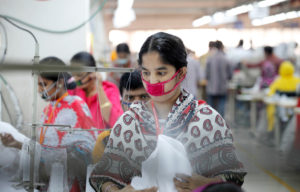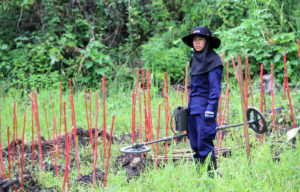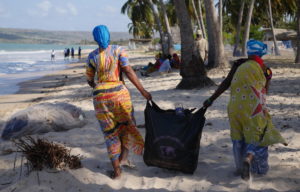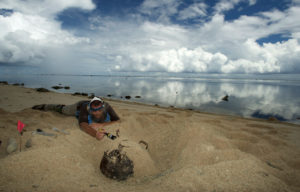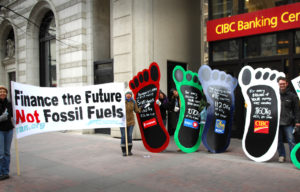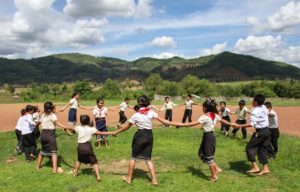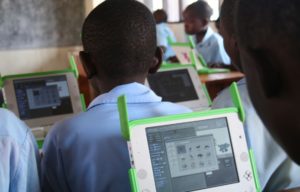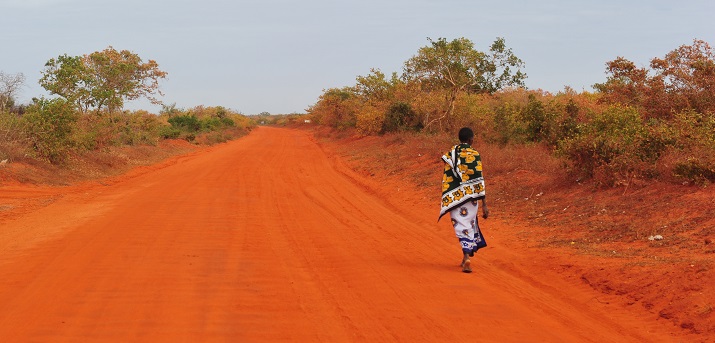
Got your African facts straight?
A new information service works to clear out the piles of misinformation in - and about – Africa. It may eventually save lives.
Share
About Africa Check
Africa Check was founded in June 2012 and run in a partnership with the journalism department of the University of the Witwatersrand, in Johannesburg.
The small, independent NGO is funded thorugh donations. The first six months of seed funding was provided by Google through a contest in innovation in online journalism run by the International Press Institute (IPI).
Being based in a journalism training institute Africa Check aim to foster a culture of accuracy among the next generation of working journalists by providing training and giving them hands-on experience in the rigours of fact-checking.
Got a claim that needs a fact-check? Contact Africa Check here.
Other categories
Region: Africa
”Did you know that a white man is killed every fifth day in South Africa, and that only a third of children start school?” If you believe that, you might want to check your facts about Africa. The two claims have something in common: None of them are true.
Hard to know fact from fiction
News and information flow constantly through the internet and especially through social media – but the massive amounts of fast information also make it difficult to tell fact from false information – especially when it comes to Africa. In the United States, so-called “fact checking” has been done for years by independent journalistic media, such as for example Politifact, investigating whether the claims and statistics often bandied about by politicians really stand up to scrutiny.
Researchers and journalists at the website Africa Check are now striving to bring this style of independent fact checking to Africa. They aim to review the many false claims about Africa, that are all too often left to circulate freely in both African and Western media.
“When you can’t hold others accountable for their claims, and when policy is based on misinformation, then society cannot function”, explains Peter Cunliffe-Jones, journalist and founder of Africa Check.
Beyond the image of tribal warfare
According to Cunliffe-Jones, Africa Check is facing an important mission of considerable scope: It needs to bust the Western clichés about Africa as a continent populated by tribal warriors, while working at the local level to investigate public claims by officials in African states, where the amount and quality of data are often lacking.
Our ultimate goal is that fact-checking becomes an integral part of the culture and the media across the whole of Africa. That will of course require a long and sustained effort, as we’re dealing with a continent affected by a lot of myths – both in and outside of Africa, Peter Cunliffe-Jones told World’s Best News.
Dangers of wrong information
It’s not only in order to fight prejudice that Africa Check wants to clear up the many layers of misinformation. Misleading prejudice can also have grave consequences. Peter Cunliffe-Jones saw this first-hand when he worked in Nigeria in 2003.
”UNICEF was heading a large vaccine programme, with the aim of eliminating polio in the northern parts of Nigeria, where the disease is still endemic. But their efforts were completely defeated when prominent Nigerian politicians and religious leaders led the general public to believe that the polio vaccine was a Western plot with a covert agenda to sterilise Muslims. This misdirection was one of the prime reasons why the effort to eradicate polio was set back more than a decade. It was due to community leaders not being held responsible for their claims”, explains Peter Cunliffe-Jones.
Ebola the ”hoax”
The ongoing outbreak of Ebola in West Africa is another example of how rumours and false information – deliberate or not – can be a matter of life or death. Initially, many people In Liberia, Guinea and Sierra Leone were convinced that the outbreak of Ebola was a scam by officials trying to plunder public sector funds. For this reason, the warnings from the public health authorities were largely ignored.
”On the other hand, we recently saw a potentially very harmful rumour being stopped by Nigerian authorities and media. Claims that warm salt water can make a person immune to Ebola began to spread, especially online. But in this case, facts prevailed over fiction before it could cause major damage. It shows that people need good information to be able to make good decisions”, Peter Cunliffe-Jones concludes.
